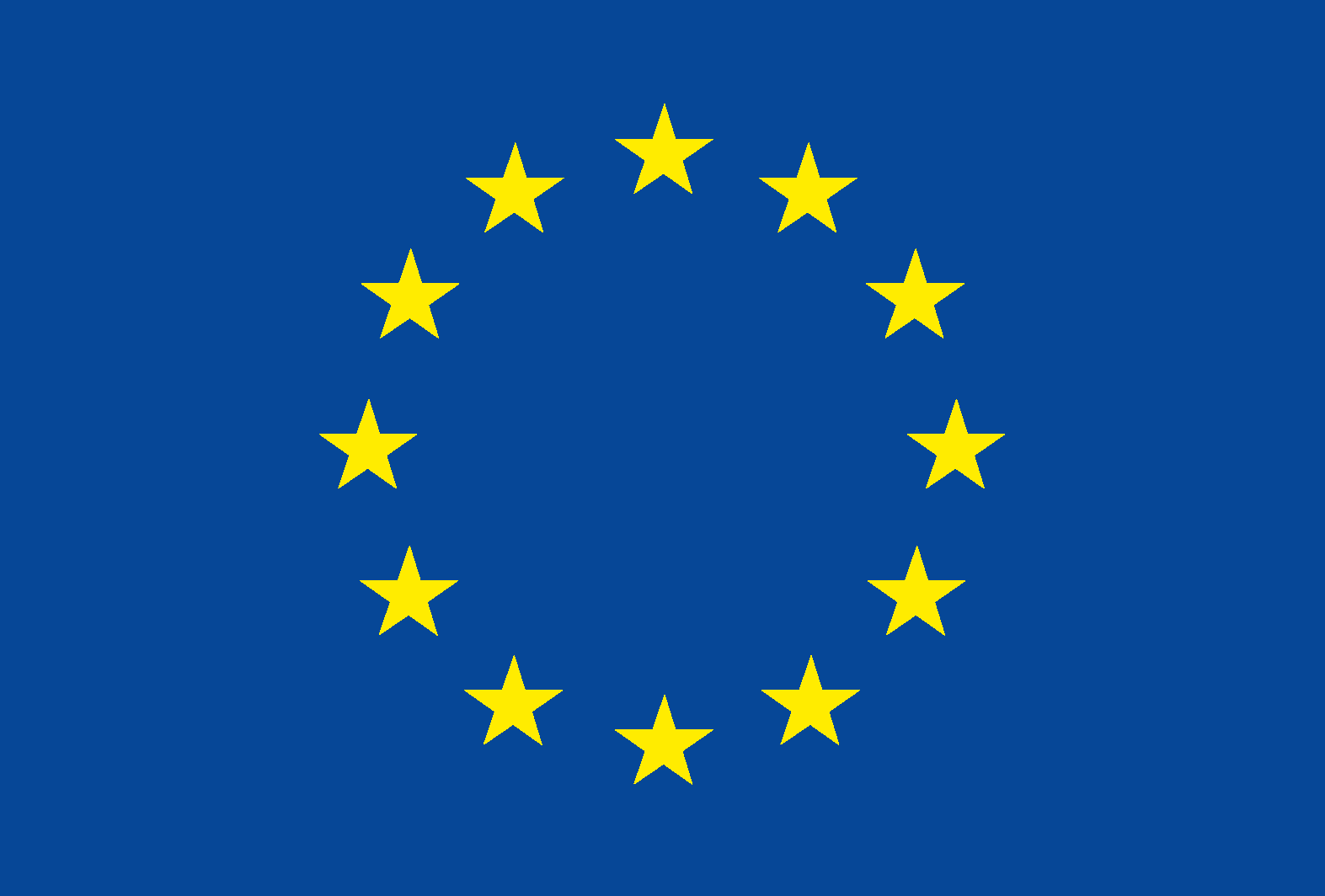In the framework of the EUROSHIP project, TÁRKI hosted a meeting with the participation of the National Stakeholder Committee, consisting of nongovernmental organizations whose activities focus on providing help to vulnerable social groups. The meeting took place at the TÁRKI office on September 2, 2020, with participants including Kinga Joó from the National Association of Large Families in Hungary (Nagycsaládosok Országos Egyesülete), Ákos Pordán from the Hand in Hand Foundation (Kézenfogva Alapítvány), Ádám Rozgonyi-Horváth from the Hungarian Charity Service of the Order of Malta (Máltai Szeretetszolgálat), as well as Anikó Bernát, András Gábos, Kata Jávor, Márton Medgyesi, Zsófia Tomka and István György Tóth from TÁRKI. This was the first of a series of events where stakeholders have the possibility to share their ideas and suggestions regarding the research project.
The event began with a presentation by András Gábos, describing the background of the EUROSHIP project, its partners and main objectives, as well as TÁRKI’s involvement in the process. The researcher also talked about the role stakeholders will play in the project, such as providing assistance for the planned qualitative life course interviews, participating in the Budapest consortium meeting partners and in the focus forum with a large number of stakeholders, and finally, assisting in the dissemination of the research results.
During the feedback round following the presentation, stakeholders raised important questions and pointed out potential problems connected to the methodology and the overall organization of EUROSHIP. They asked about the policy application of the research results, the sample size and sampling method of the life course interviews, had suggestions regarding groups that are missing from the research design (e.g. children and the Roma), the incorporation of a regional aspect into the interview sampling procedure and emphasized the problem of lack of knowledge among vulnerable groups concerning their social rights.
Following this fruitful conversation, TÁRKI is looking forward to the next meeting.

